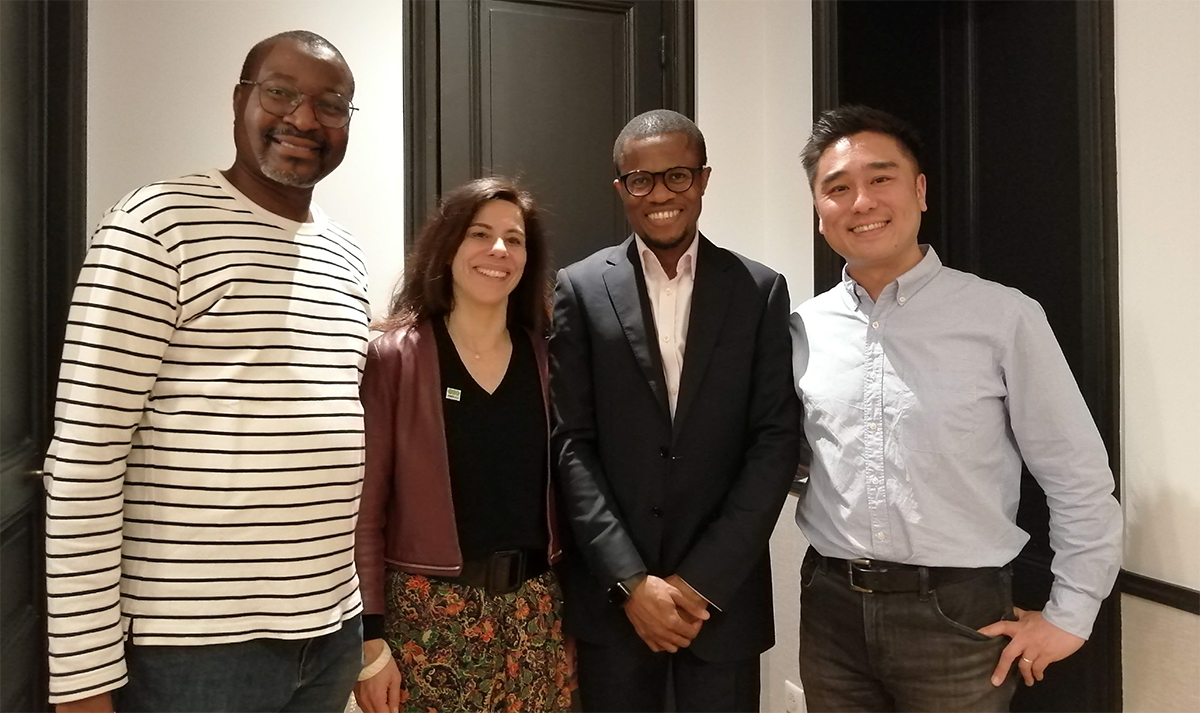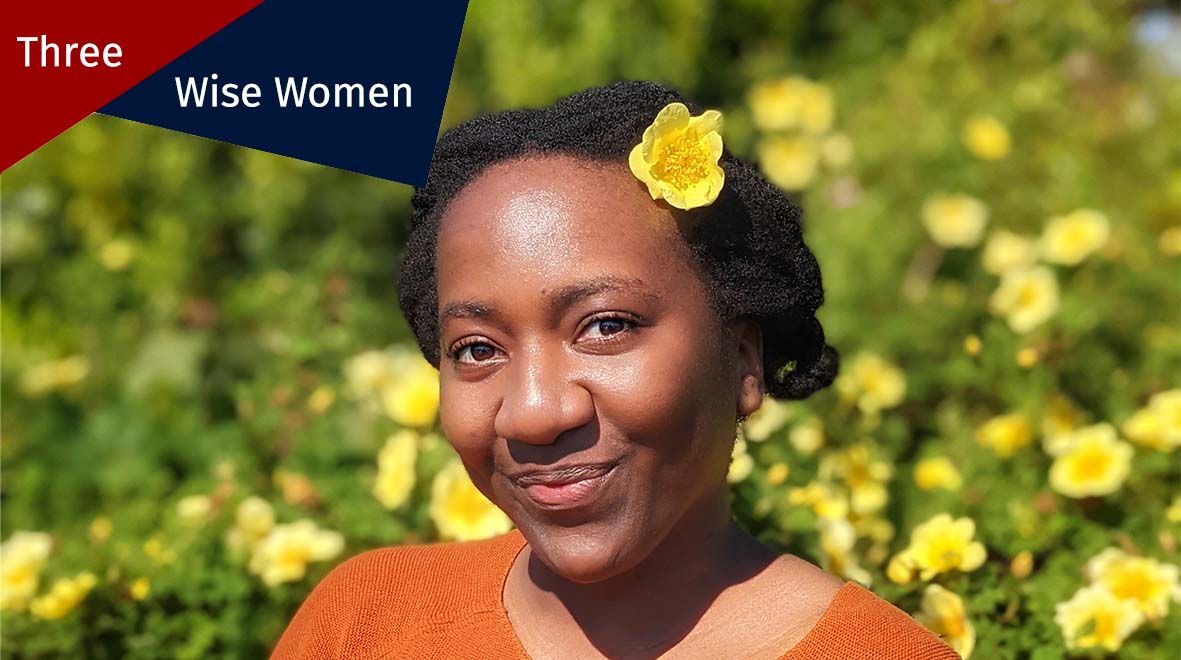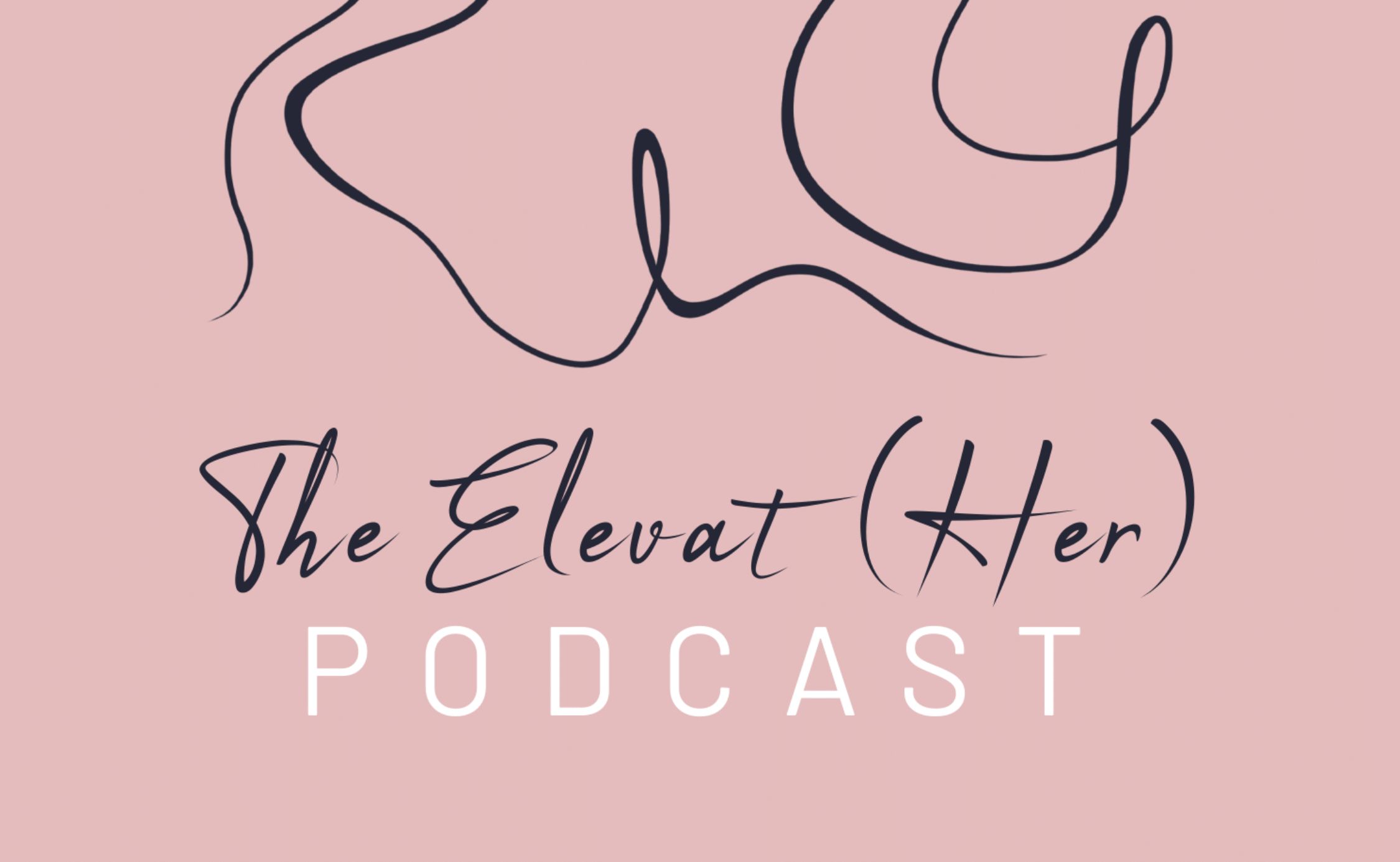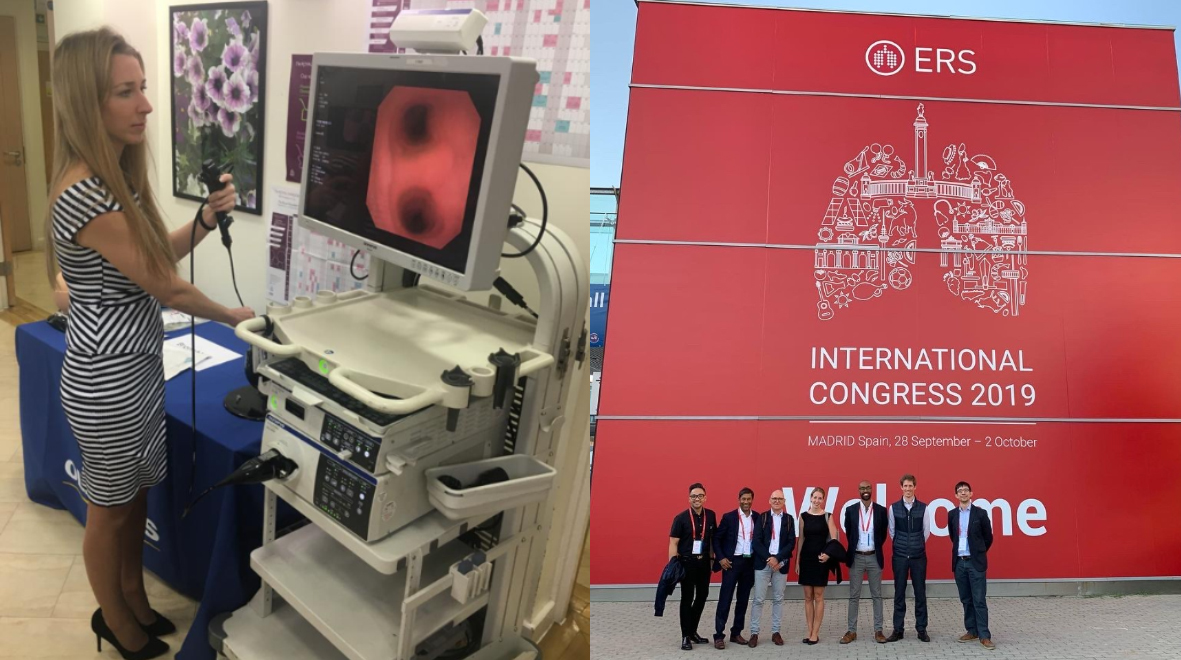This festive period, Three Wise Women from the Faculty of Medicine give us the gift of wisdom.
Professor Anne Lingford-Hughes, Professor of Addiction Biology and previously Head of Division of Psychiatry in the Department of Brain Sciences, reflects on the journey that led her to become one of the UK’s leading experts in addiction psychiatry. From early uncertainty about medicine to pivotal moments in research labs in Cambridge and the US, she describes how scientific curiosity – and a fascination with how alcohol and drugs affect the brain – shaped a career dedicated to understanding and treating addiction.
Brought up in the countryside outside Shrewsbury, I was always interested in science and loved doing school projects. I wasn’t seen as particularly clever at school and was even advised that I didn’t need a “career” – just a job until I got married!
The only interesting university course covering “human biology” was medicine. Although I wasn’t sure about becoming a doctor, I applied. My father, a lawyer who had been to Oxford like his own father, wanted me to go there too, but my school was not exactly encouraging. I applied anyway and failed.









